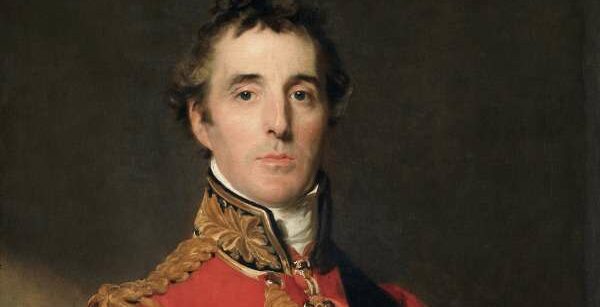The Welsh parliament recently published new guidance that questions the existence of statues of notable historical figures, such as the Duke of Wellington and Admiral Lord Nelson, and other monuments that are perceived to be glorifying “powerful, older, able-bodied white men.” The guidance suggests that many of those commemorated in Wales’ past were actually “aggressors” out “to expand the British Empire.”
Over the past three years, the Welsh Senedd has published reports, launched surveys, responded to petitions, compiled committee documents, and commissioned several audits into Welsh monuments. The latest guidance is a result of an audit published in 2020, which identified over 200 “persons of interest” whose monuments ought to be considered for removal. These were historical figures who benefitted either directly or indirectly from slavery, did not act decisively enough to oppose abolition, or had links to the British Empire.
The guidance proposes that potentially offensive monuments should be “re-evaluated” through public and expert consultation in order to end the “perpetuation of racist colonial myths about white superiority.” The purpose of such “contextualisation” is to elaborate upon the sins of the person being commemorated.
However, both removing and contextualising statues suggests not only contempt for the past but also contempt for people in the present. It assumes that without approved interpretations, members of the public will reach the wrong conclusions, and that looking at a statue of a 200-year-old figure will somehow legitimize racism today.
The argument that “figures linked with the slave trade and colonial exploitation are literally put on a pedestal” exposes the literal-mindedness of today’s cultural custodians. History matters because it gives us a sense of belonging, of group identity, and of affinity with our nation. The removal of historical reference points erases the powerful collective memories that unite a population.
In conclusion, the Welsh parliament’s guidance on statues is censorious and duplicitous. It undermines national history and leaves people with neither a foundation in the past nor a stake in the future. In messing with the past like this, the Welsh parliament is playing a dangerous game.

